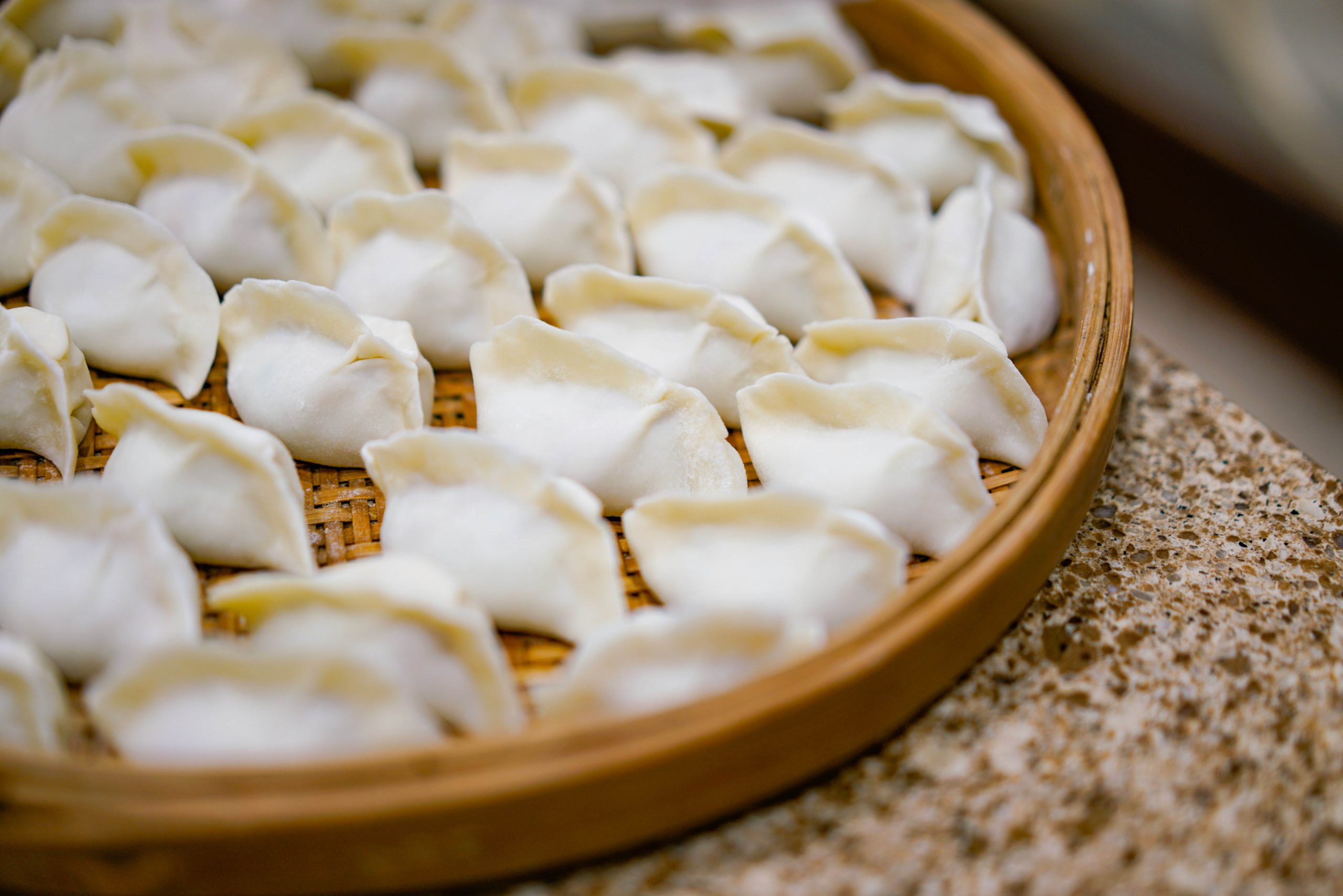words by: Sasha Nugara
We Will Remember
They always say that you remember where you were when you heard about a life changing event, and I think 9/11 is one of those occasions. I was just a one-year-old baby when it happened, cradled in my mother’s arms, as a breaking story suddenly bombarded all news channels. Having just heard something on the radio, she rushed to turn on the TV, just in time to watch the second plane slice into the south tower of the World Trade centre.
In just three hours, 19 individuals hijacked four US airlines, killed 2977 people, sent two of the US’s biggest cities into chaos, and brought the world to a standstill. Citizens of 78 countries were affected and it’s regarded as the deadliest terrorist attack in human history and the deadliest incident for firefighters and law enforcement in the history of the United States. The scale of the attack stretched far beyond the US and the world is still reeling in its repercussions today.
For the new generations who were not old enough to experience its shockwaves, it’s easy to disassociate from the horrors that occurred. But the most important thing to realise is how many people are still affected. Whilst a lot of schools teach their students about 9/11 in detail, there are a large number of informative books and films that have been released. Many of them are extremely heart wrenching and difficult to get through, but they challenge today’s generations to understand the sense of loss felt by our parents, grandparents, and neighbours all over the world.
Extremely Loud and Incredibly Close
Extremely Loud and Incredibly Close (2011), although often criticised for using a tragedy for a heart-string tugging effect, was nominated for two academy awards. The film focuses on a young boy dealing with the loss of his father after he fell victim to the attack on the World Trade Centre. It allows an insight into how many ordinary lives were affected and the extent that they had to live with their pain. It’s important to remember that the 3000 people that died would have created hundreds of thousands of grieving friends and family who would have all experienced differing levels of trauma and mental health issues.
Thomas Burnett Jr.
Understanding the specific and long-term effects of the attacks on families not only increases our insight into the implications of terrorism, but it also sheds light onto those who have used their new influences to create public awareness and change. Thomas Burnett Jr. is well known for his heroic actions on flight 93 as he and a few others managed to prevent the plane and its hijackers from creating further acts of terror in the US. He told his wife over the phone that “We’re waiting until we’re over a rural area. We’re going to take back the plane” and not to worry because they’re “going to do somethingÔǪ” He and three other passengers; Mark Bingham, Todd Beamer and Jeremy Glick went down in history as they successfully overpowered the hijackers and crashed the plane into a field in Pennsylvania. Thomas Burnett’s wife, Deena Burnett, went on to release two novels including ÔÇÿFighting Back’ about her experiences of losing her husband and livelihood to such an awful event.
It’s people like Thomas Burnett and his wife who represent the innocent lives lost and the effect that terrorism had on the everyday citizen of the United States.
The Submission
The Submission is a novel that takes a different angle on the aftermath of 9/11 and offers a completely different perspective. Based in 2003, a group of judges must agree on an anonymously submitted design that will become the September 11 memorial, built on the site of the World Trade Centre. Once agreed, they open the envelope and revealed the name of the architect. Mohammad Khan. The name created seismic shockwaves across the judging panel as they question whether they can still award his design. When I first read this novel a few years ago I was taken by the insightful perspective offered by the author, Amy Waldman, and it encouraged me to consider those who were affected by 9/11 due to the colour of their skin.
The War on Terror
Since the attacks were made by the Islamic group Al-Qaeda, the whole of the United States turned against the Islamic community, labelling them all as terrorists. In 2001, after the attacks, President Bush announced the ÔÇÿWar on Terror’ and declared that you were ÔÇÿeither with us or against us’. These allegations have continued until today and innocent citizens of Afghanistan, Iraq, and Pakistan have been subject to bombing and war raging in their countries. A paper on the Cost of War estimates that around 480 000 ÔÇô 507 000 citizens of those three countries have died as a direct consequence of the post-9/11 wars. This is incomparable to the US losses of September the 11th and, whilst no death can be justified or disregarded, it’s clear that an incomprehensible number of innocent people have died.
If there is anything the new generations should reflect on from 9/11, it’s that it didn’t start and end on that day with the 3000 lives in the US. It’s that the war has been stretched thin across our timeline and resulted in the deaths of hundreds of thousands of our neighbours in the Middle East, and their lives should be remembered too. However, the war on terror is much more than the wars raging between opposing forces. It extends to every prejudice a brown person has faced as a consequence. Every single casual racist remark or inequality within the workplace is part of the problem and the reason why these wars are still going on.


